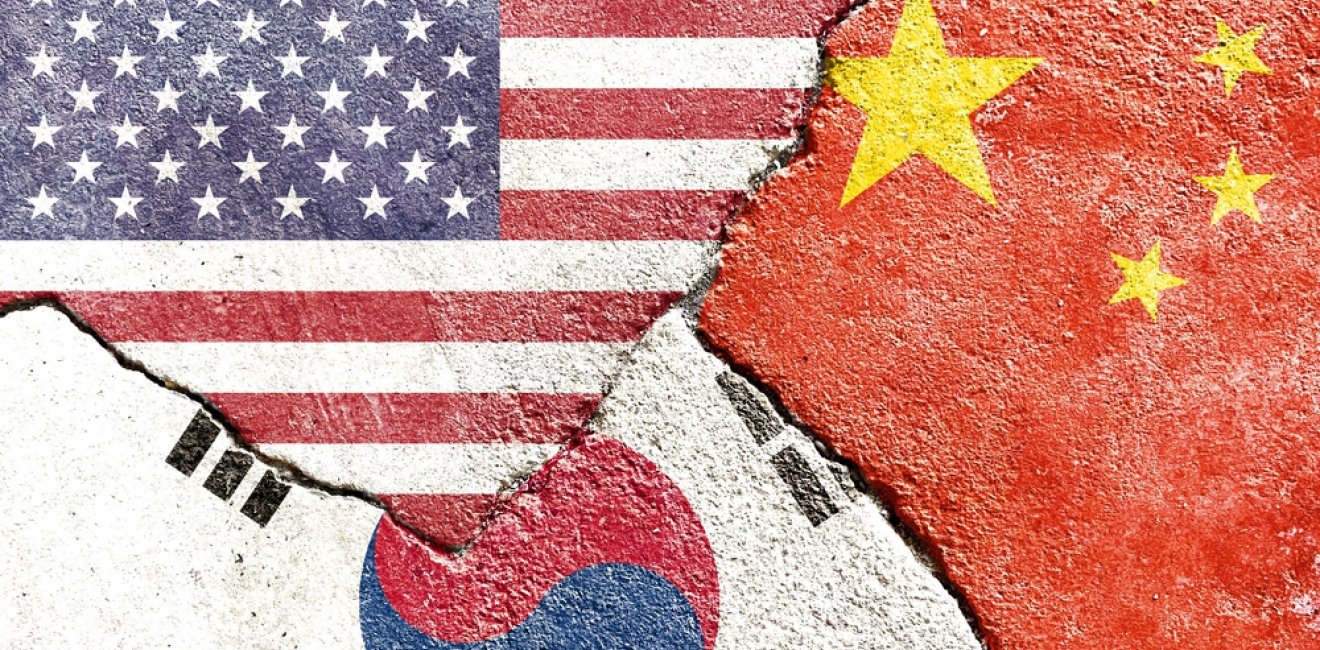
A blog of the Wilson Center

68 Percent of Korean Poll Respondents Said They Think It’s Possible for China To Rule Asia if the US Can’t Enhance Its Competitiveness Vis-à-Vis China.
As Vice President Kamala Harris travels in Asia, it’s hard for her not to be concerned by attitudes about American engagement in the region.
It’s no surprise that surveys show many Koreans view China as a major security threat, but their questions about US strength and commitment to the region are striking. A joint survey from The JoongAng Daily–Seoul National University Asia Center (January 2022) on Korean public opinion regarding US-China relations showed “68% of respondents believed that it is possible for China to rule Asia if the US is not able to enhance its competitiveness vis-à-vis China.”
Before current South Korean President Yoon Suk Yeol’s election, the previous South Korea administration took very deliberate steps to try to improve relations with China. That approach often proved ineffective— Beijing still sanctioned Seoul when the government deployed the US Terminal High-Altitude Area Defense (THAAD) system. And it did little to improve the increasingly negative view South Koreans have of China.
In the recent Wilson Center report “Two Presidents, One Agenda,” edited by Dr. Sue Mi Terry, director of the Center’s Asia Program and the Hyundai Motor-Korea Foundation Center, former Asia Program Director Abe Denmark—now a senior advisor to the Secretary of Defense on the AUKUS alliance in the Indo-Pacific—said the US and South Korea have to acknowledge the impact of China’s rise on their alliance.
The US should draw South Korea into broader Indo-Pacific initiatives, Denmark said. South Korea, with the world’s sixth largest military and tenth largest economy, should change its approach to security and diplomacy to work more closely with the US to enhance its approach to China. When asked in a 2022 survey which country South Korea should strengthen ties with if US-China tension increased, 85.5% said the US.
Author

Explore More in Stubborn Things
Browse Stubborn Things
Spying on Poachers

China and the Chocolate Factory

India: Economic Growth, Environmental Realities
